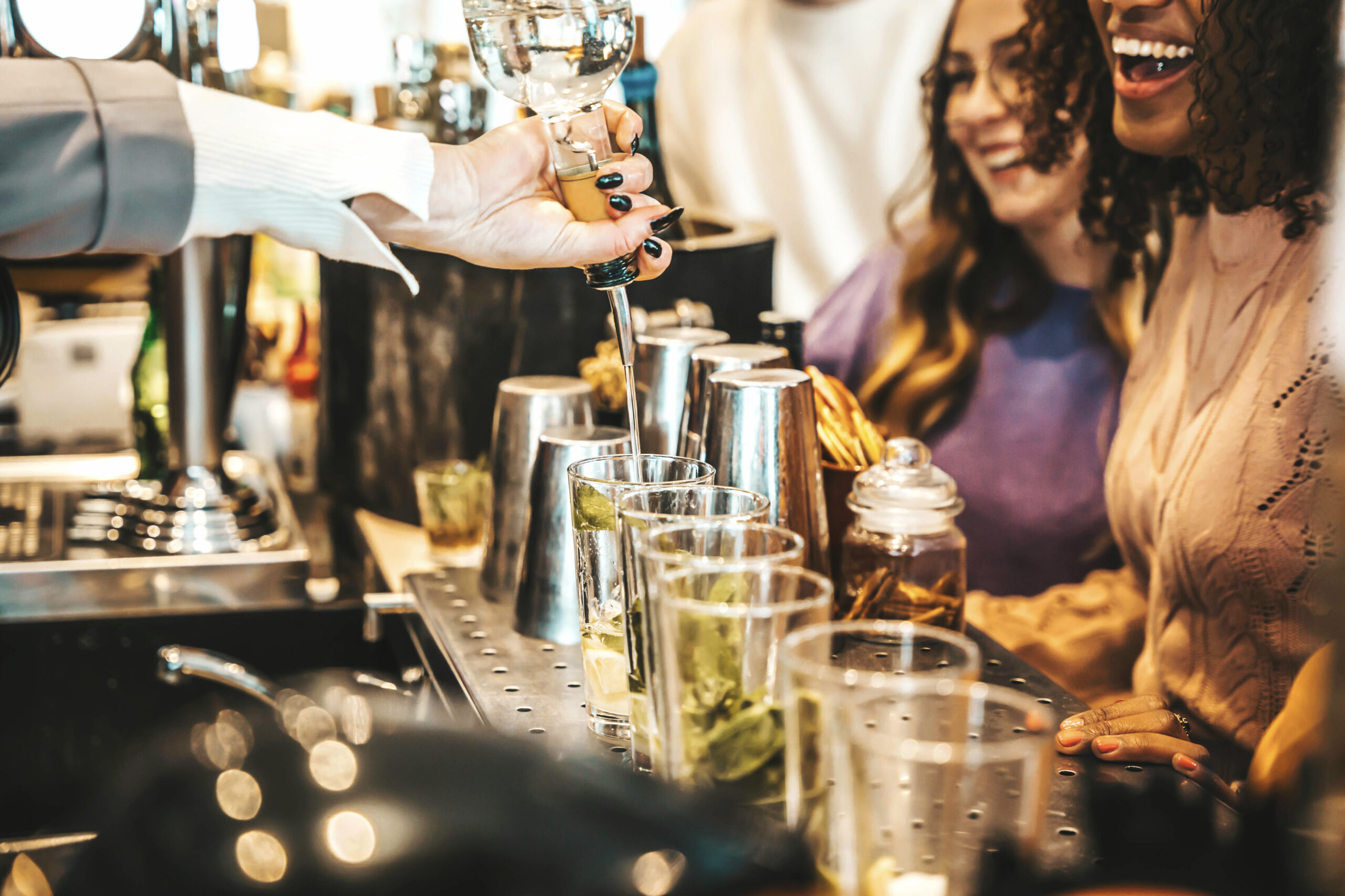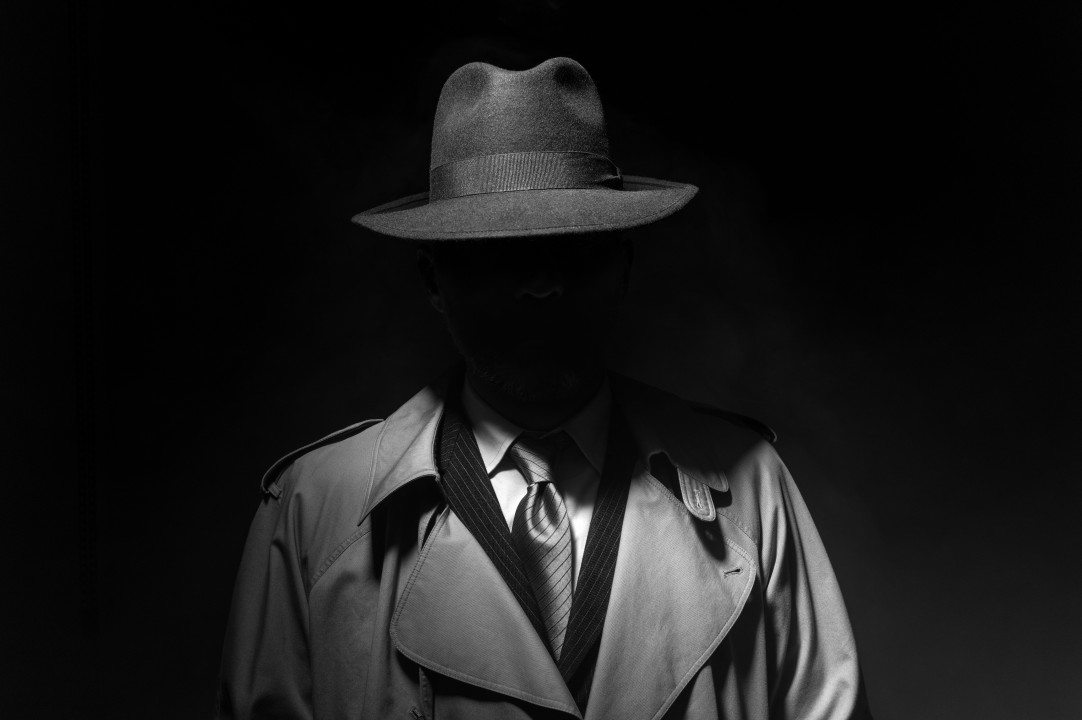One of the greatest challenges facing businesses in the Hospitality sector is to balance the need to run your business to a profit against the responsibility to ensure that customers don’t become too drunk. Enforcement officers understand that some people will always go off the rails on a night out – so the occasional customer who has had too much shouldn’t be seen as evidence of a poorly run business which represents a risk. However, repeated problems will be looked upon as evidence of a problem establishment, and can kick start processes which can end in Licence Review or even prosecution.

Controlling the Point of Entry
The venue entrance is the easiest control point for weeding out customers who can prevent a risk, says Eddie our security consultant.
“Customers are more and more often pre-loading (drinking at home or in other bars) before attempting to enter late-night venues. Identifying that this has occurred to excess at the point of entry is the most effective way to prevent excessive consumption then occurring in the venue later on,” he says.
When completing your venue’s Security Policies, ensure to consider the following easy ways to improve control at the point of entry:
- Effective Lighting: if the staff at the front door can see the customers clearly, it can help them identify signs of drunkenness.

- Questioning: when greeting the customers and waiting for them to get their ID out, encourage security officers to ask them where they’ve been that night. Often a quick conversation will make it clear who has had too much.
- Publicity: use your Social Media presence to make it clear that those who are too intoxicated won’t be getting in. This will also encourage them to get to the venue earlier – a double benefit!
Controlling the Point of Service
Clearly the bar staff shoulder a large part of the responsibility to ensure overserving doesn’t occur in the venue. Tasha, our bar operations specialist says “The bar staff have to stay aware at all times. Customers who were fine at the front door may have since had 3 or 4 drinks that are close to tipping them over the edge into drunkenness – often the bar staff can spot this and make sure it doesn’t develop into an issue”.
There are some simple steps to take to help bar staff here:
- Regular Training: before starting work behind your bar, your bar staff should be educated fully on the responsibilities they have, and the venue has, relating to the Licensing Act 2003. This awareness will result in more motivated and effective staff, who will feel more confident in dealing with issues, or escalating them as required.
- Supervision: there needs to be a clearly nominated Supervisor present at each bar – especially in multi-room venues. The DPS is unlikely to be present at every trading session, and even so, the Duty Manager is responsible for a whole host of other issues, so cannot effectively supervise service on their own.
- Construct your multi-buy deals correctly: if these include the wrong items they can make the bar staff’s job very difficult. Consider 4 shots for £9.95, or 4 alcopop bottles for £9.95 – both deals that are attractive to consumers, both provide around 4 Units of alcohol for the same price, yet it’s much quicker for one person to consume 4 shots than 4 bottles which makes over consumption easier.

Controlling the Consumption Area
If a number of drinks have been served to a customer who is demonstrably ‘fine’ at the point of purchase, the venue still must ensure as much as possible that none of those drinks end up in the hands of customers who shouldn’t have been further served – and also that the original customer stays ‘fine’ while consuming his drinks. Effectively planning the security deployment in a venue can reduce the risk of an incident.
When preparing a venue Operating Schedule, the DPS and Head of Security need to consider how many security officers are required to provide adequate coverage of all areas – ideally using a mix of static and roaming officers.
- Security Patrols: some security officers should work a carefully prepared path while on duty, which ensures that that whole of the customer area is covered – not forgetting to include linking spaces, toilets etc.
- Staff Vigilance: glass collectors, toilet attendants, and cleaners can provide an excellent source of information for security officers and venue managers. Make sure that they are effectively trained to identify the signs of overconsumption, and that they have a clear knowledge of whom to escalate issues to.
- Bottle Service: there needs to be additional vigilance when running bottle service programs – groups of customers have access to a large volume of alcohol with little or no direct control over how much each individual consumes. Where possible, ensure there is direct security supervision of areas where bottle service takes place within the venue.
Clearly these actions cannot completely eliminate the risk of overconsumption in your venue, but they will provide a useful starting point in developing an effective Operating Schedule to both minimise risk and provide robust evidence of Due Diligence.

 " />
" />


 Instagram
Instagram Facebook
Facebook Linkedin
Linkedin